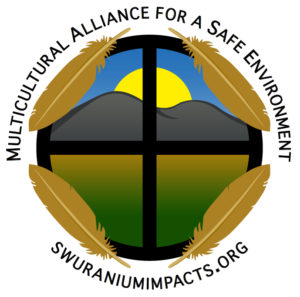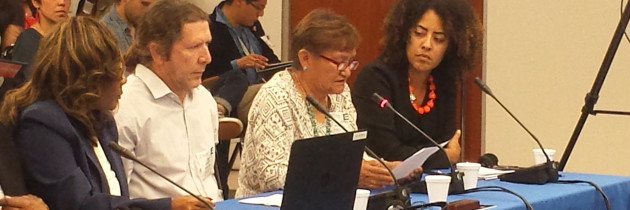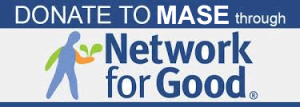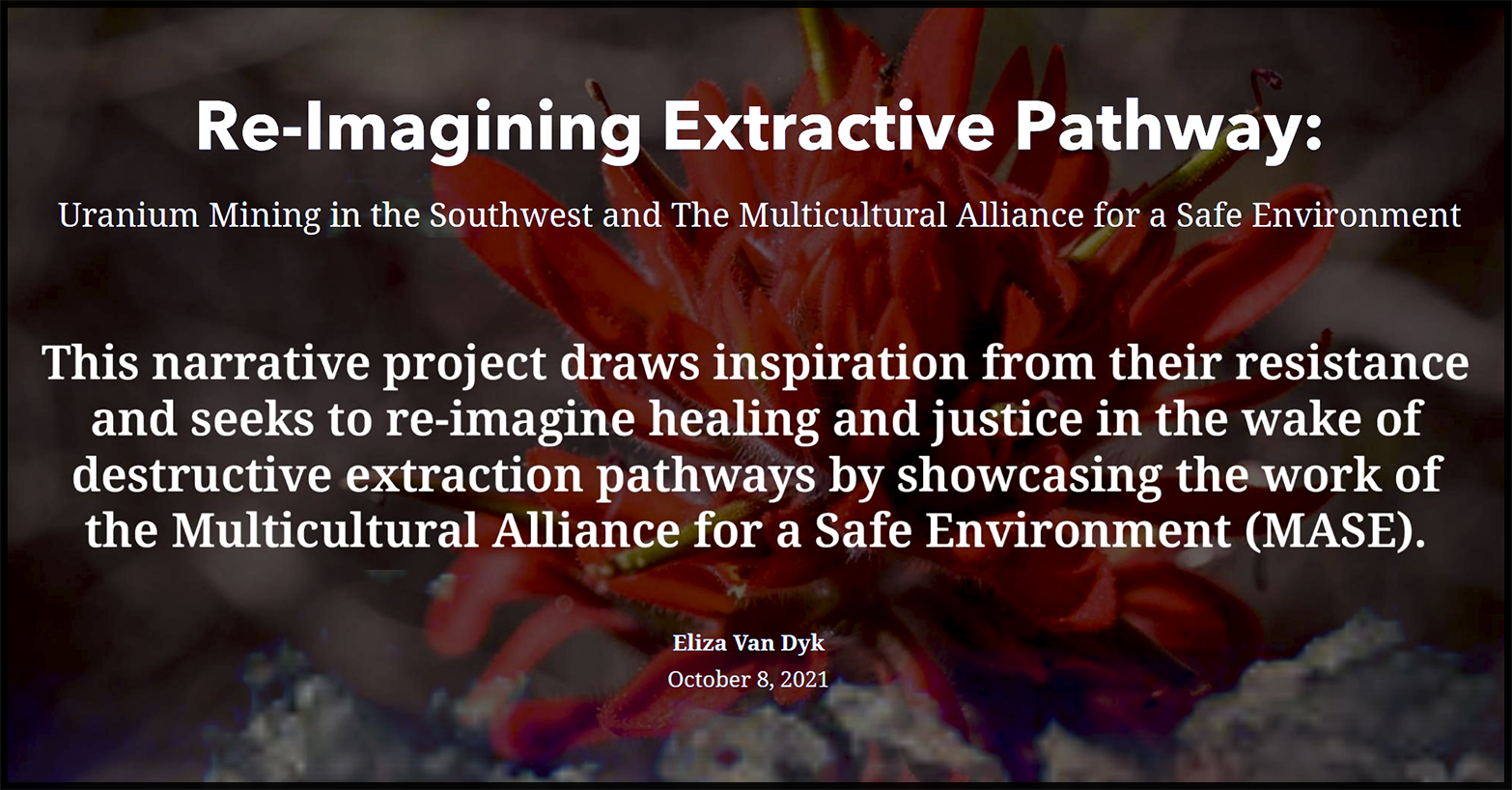Inter-American Commission on Human Rights to Hear Right to Water Testimony
FOR IMMEDIATE RELEASE:
Friday, April 1, 2016
INTER-AMERICAN COMMISSION ON HUMAN RIGHTS
TO HEAR RIGHT TO WATER TESTIMONY
“It is past time for the U.S. and New Mexico governments
to take our concerns seriously and
take action to guarantee our rights to safe water.”
Teracita Keyanna, Red Water Pond Road Community Association
WASHINGTON, D.C. — On Monday, April 4, 2016 the Inter-American Commission on Human Rights will hold a hearing on Human Rights and Access to Water in the United States. (Get schedule) The hearing is open to the public.
At the invitation of the Commission, members of the Red Water Pond Road Community Association (RWP) will attend to testify. RWP Community member, Teracita Keyanna, will speak before the Commission on how her community has been denied equal access to quality drinking water for decades. The hearing will be live streamed here: http://www.oas.org/en/iachr/sessions/default.asp
The RWP is a grassroots organization of Diné families who have experienced and lived with the impacts of uranium mining and milling in the Churchrock, NM area since the 1960s. The Red Water Pond Road community is located between two abandoned uranium mines: the Northeast Churchrock Mine and the Quivira Mine. The Red Water Pond Road community is also less than a mile north of an inactive uranium mill. (See Google map) The Red Water Pond Road Community Association is a member of the New Mexico based Multicultural Alliance for a Safe Environment.
“We were never told of the dangers and hazards of these mines. Now I understand that my own family has suffered health impacts from our exposures to uranium contaminated dust and water,” said Teracita Keyanna. “It is past time for the U.S. and New Mexico governments to take our concerns seriously and take action to guarantee our rights to safe water.”
The hearing is in direct reply to the US Human Rights Networks’ National Coalition on the Human Right to Water and Sanitation request.
“Equal access to clean drinking water is such a fundamental moral value, most Americans take it for granted” says Eric Jantz, NMELC staff attorney. “But rather than working to guarantee clean water for everyone, the federal and New Mexico government has prioritized allowing industry to pollute pristine aquifers. This has to change.”
WHO:
Red Water Pond Road Community Association
New Mexico Environmental Law Center
WHAT:
Inter-American Commission on Human Rights hearing on the Right to Water
WHEN:
Monday, April 4, 2016
3:30 pm Eastern/ 1:30 pm Mountain Time
The hearing will be live streamed here.
WHERE:
OAS, IACHR
1859 F Street, N.W.
Ruben Dario Room (8th Floor)
Washington, DC 20006 [map]
Follow the conversation at #WaterIsAHumanRight on Twitter.
INTERVIEWS ARE AVAILABLE UPON REQUEST
CONTACTS:
Eric Jantz, Staff Attorney, New Mexico Environmental Law Center (505) 750-3027 ejantz@nmelc.org
Teracita Keyanna, Red Water Pond Road Community Association (505) 728-7389
The New Mexico Environmental Law Center is a not-for-profit law firm dedicated to protecting the communities and environment of New Mexico through legal representation, policy advocacy, and public education. It was founded in 1987.
The Multicultural Alliance for a Safe Environment is rooted in the experiences of uranium-impacted communities of the southwestern U.S. We are communities working to restore and protect the natural and cultural environment through respectfully promoting intercultural engagement among communities and institutions for the benefit of all life and future generations.
The U.S. Human Rights Network is a coalition comprised of over 125 grassroots, national groups and individuals working on the human right to water and sanitation throughout the United States. The groups have come together in response to the fact that communities of color, low-income communities, and indigenous peoples across the U.S. lack equal access to safe, affordable, adequate water and sanitation. The coalition works to elevate solutions from the people and communities most directly affected, facilitate joint organizing and advocacy, and share knowledge to create change.
###






